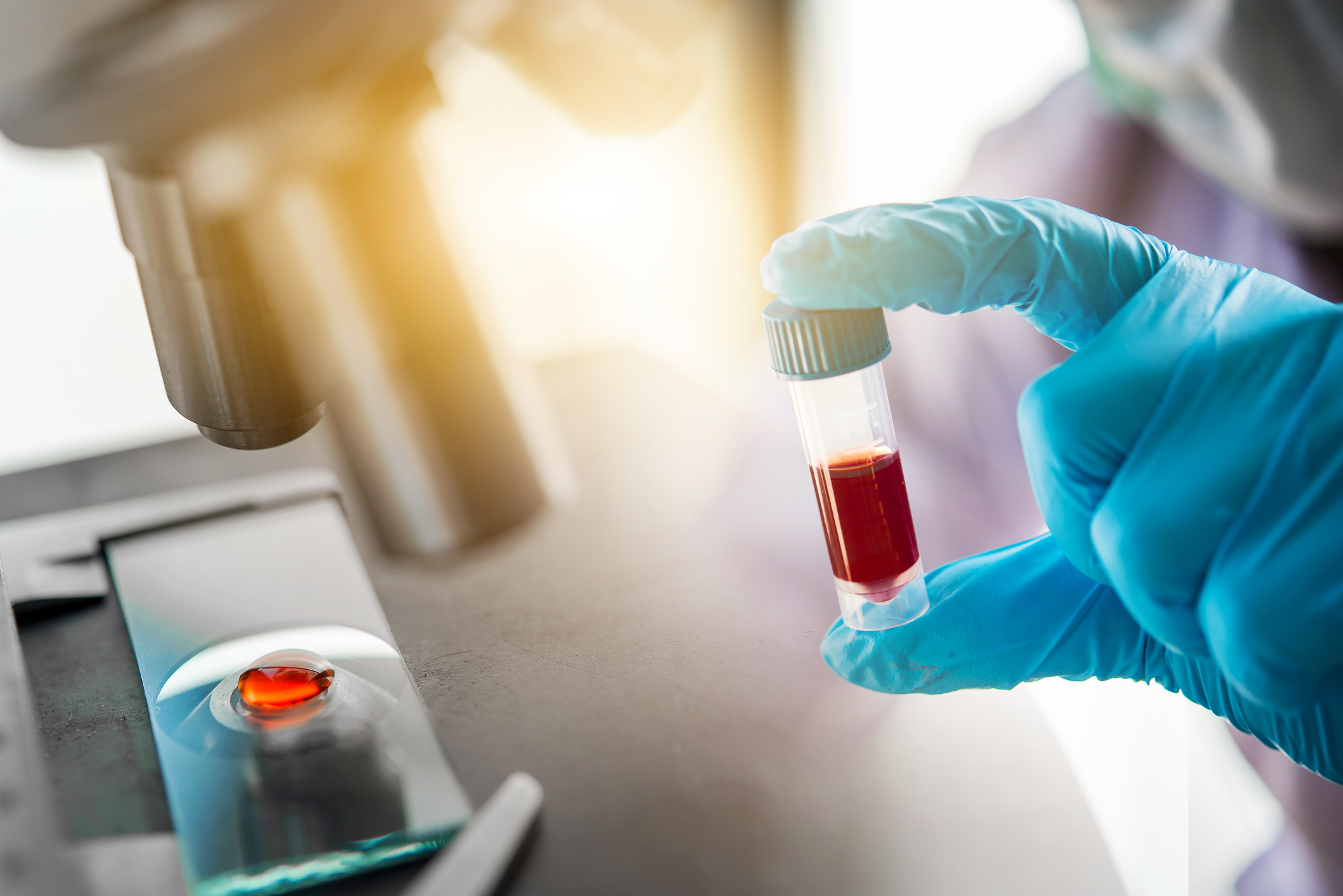Genetic Testing
Cancer genetic testing is a valuable tool in understanding your risk of developing certain types of cancer, including breast cancer. This type of testing involves analyzing your DNA to identify any genetic mutations or alterations that may increase your likelihood of developing cancer. Two of the most well-known genetic mutations associated with breast cancer are the BRCA1 and BRCA2 gene mutations, but there are other genes that can also play a role. By undergoing genetic testing, individuals can gain insights into their inherited risk factors for cancer and make informed decisions about screening, prevention, and treatment options.
Genetic testing for cancer can be particularly beneficial for individuals with a family history of cancer or certain ethnic backgrounds associated with a higher prevalence of specific genetic mutations. The results of genetic testing can help healthcare providers develop personalized screening recommendations and preventive strategies tailored to an individual's unique genetic profile. Additionally, genetic testing can also guide treatment decisions for individuals diagnosed with cancer, as certain genetic mutations may influence the effectiveness of different treatment approaches.
It's important to note that genetic testing for cancer is a personal decision, and individuals should weigh the benefits, limitations, and potential implications of testing carefully. Genetic counseling, which involves discussing the potential risks and benefits of testing with a trained professional, can be an essential component of the testing process. By undergoing genetic testing and working closely with healthcare providers, individuals can take proactive steps to manage their cancer risk and make informed decisions about their health.


